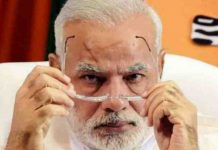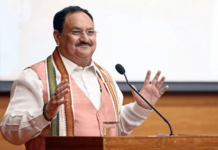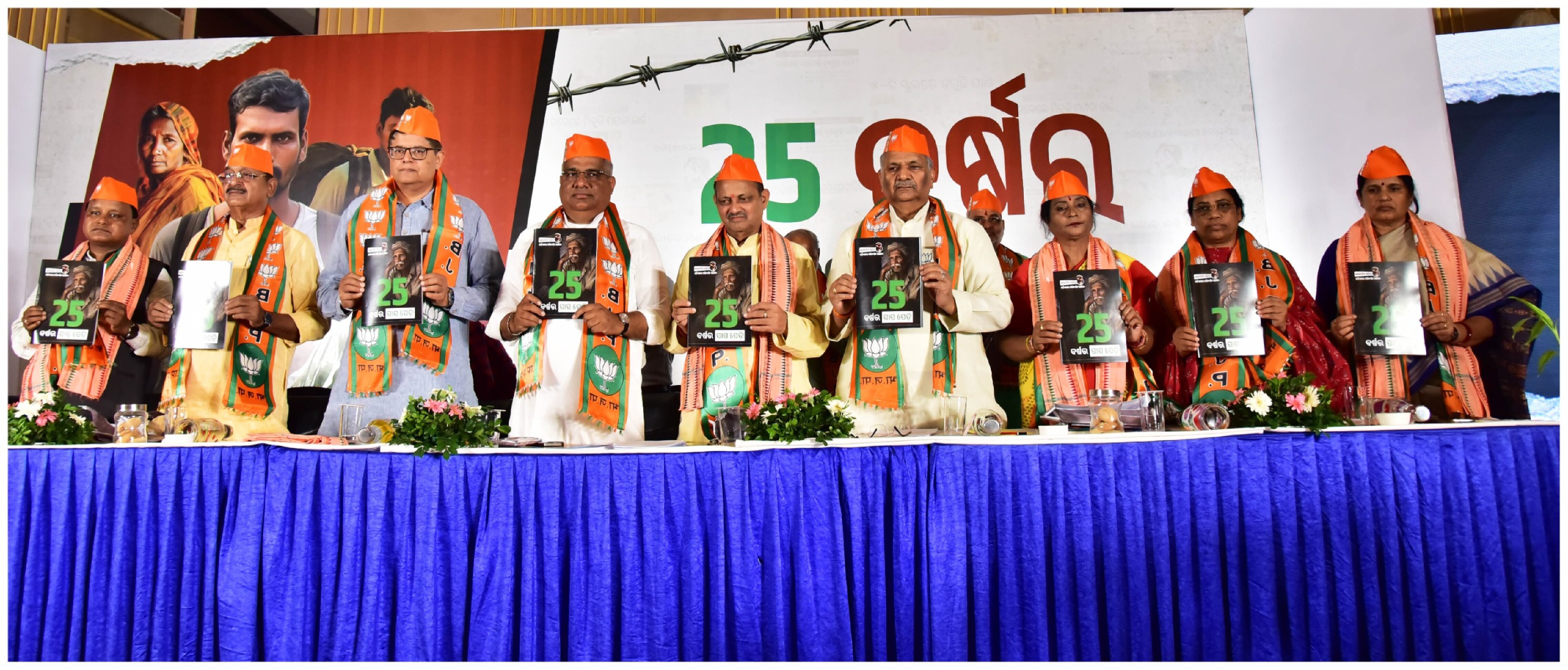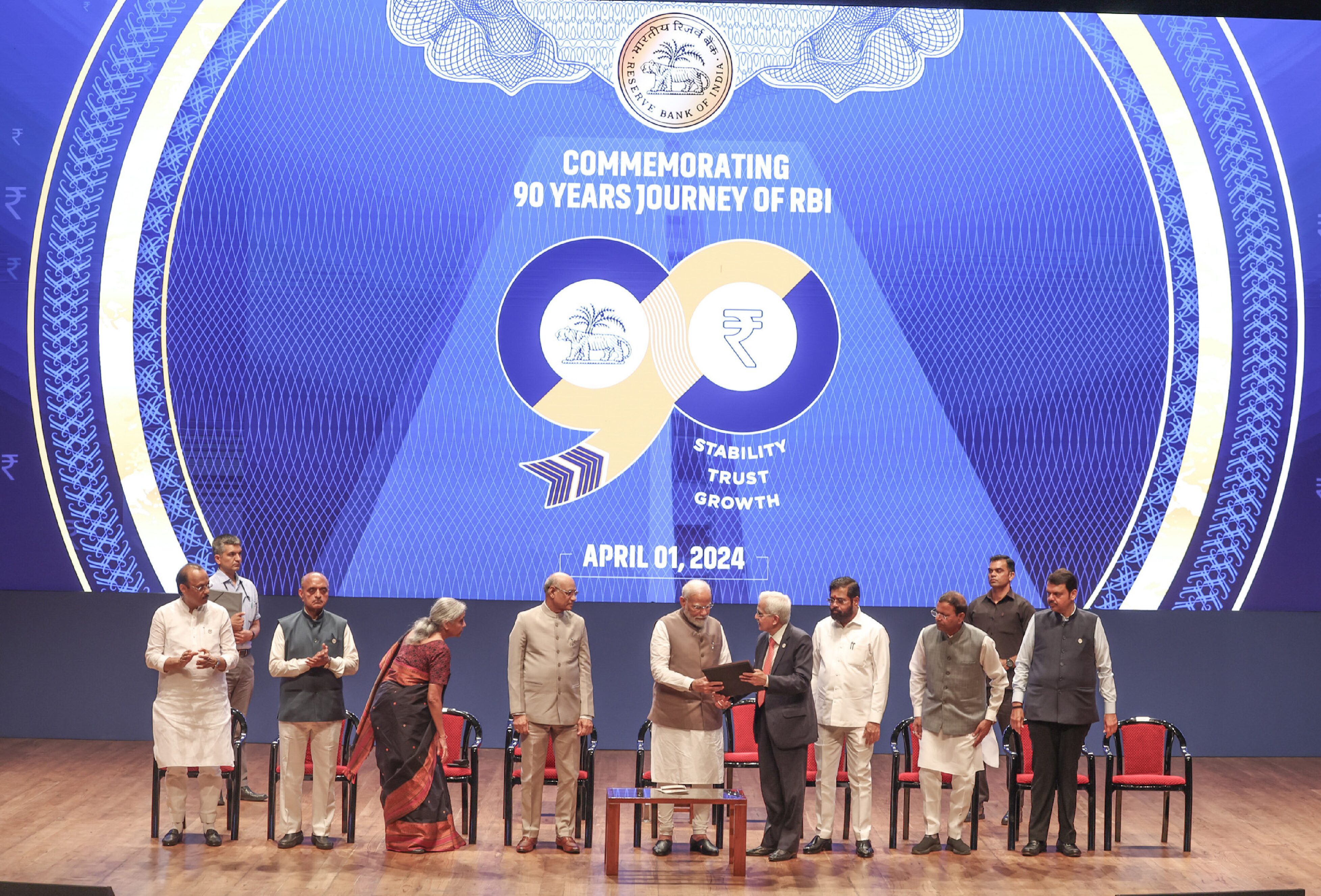As corona pandemic rages India states need central support more than ever. Odisha perhaps needs it even more because state’s economy has been hit badly by a series of natural calamities. No wonder chief minister, Naveen Patnaik has been building bridges with Prime Minister, Narendra and his key lieutenants. He also seems to be cultivating the central BJP leadership.
Chief Minister, Naveen Patnaik, who recently gave tips to Biju Janata Dal (BJD) MLA’s about how to be helpful to the common people, who are struggling to cope with the fall-out of COVID-19 pandemic, has refrained from asking them to take on the opposition, especially the BJP which is the main rival of his party in the state.
In fact, he seems keen to maintain friendly relations not only with Prime Minister, Narendra Modi and other key central ministers but also the central BJP leadership. Modi, too, has reciprocated by extending timely help to Odisha to deal with the aftermath of cyclone Amphan. What, however, is clear is that Patnaik’s much vaunted policy of equidistance from BJP and Congress has gone for a toss. He seems willing to make compromises.
The process began sometime ago and the clinching proof of Naveen cozying up to the Modi regime came when Biju Janata Dal openly support the controversial Citizenship (Amendment) Bill in the parliament, risking its secular image in the process.
When the move drew flak from secular parties and leaders, Patnaik mounted a quick damage control exercise by assuring a delegation of Muslim that they had nothing to fear, either from the amended Citizenship Act (CAA) or the move to implement the National Register of Citizens (NRC) across the country.
But members of the community were far from satisfied. Their refrain was: “It is not about the CAA or the NRC; it is about how they are implementing all this. They are not being fair because they have a hidden agenda. That is what makes us suspicious. No amount of assurance can allay our fears. The BJD’s support for the Bill in parliament shows that secularism is just a political slogan for the party to secure minority votes.”
Many felt that BJD’s support for CAA was a political trade-off aimed at bailing the state out of a tight economic situation. With revenue generation from different sources, especially the mining sector – the biggest contributor to the exchequer – not being satisfactory, the state government was struggling to keep many of its welfare schemes going. It needed generous assistance from the Centre, not only to keep these schemes going, but also to compensate for the losses sustained in cyclones like Fani.
Signs of panic on the economic front were clear as the state government had reduced financial assistance to farmers under the Krushak Assistance for Livelihood and Income Augmentation (KALIA) scheme and had shown the willingness to tag the scheme with Centre’s Pradhan Mantri Kisan Samman Nidhi (PM-KISAN) even though earlier it had declined requests by the Centre in this regard.
“The financial crunch has forced them to agree to the convergence of KALIA with the Centre’s scheme, though it is like losing face. Similarly, the Biju Pucca Ghar Yojana and the PM Awas Yojana are likely to be hyphened soon. The chief minister needs a friendly Centre,” said a senior political analyst.
The change in the BJD’s attitude towards the BJP-led NDA government at the Centre became clear soon after the last elections. Many noticed the growing camaraderie between Prime Minister Narendra Modi and CM Patnaik. The BJD has supported a number of controversial moves by the Centre, like the triple talaq Bill and the dilution of Article 370.
The BJD, which has been following an avowed policy of “equidistance” from the BJP and the Congress, has showed a lot of flexibility in its approach towards the saffron party in the past as well, when it supported the candidature of Ram Nath Kovind in the presidential election of 2017. It also staged a convenient walk-out in the Lok Sabha ahead of a no-confidence vote against the Centre in 2018. Before that, it had backed the controversial Mines and Minerals (Development and Regulation) Amendment Bill, 2015, helping its passage in the Rajya Sabha.
Patnaik was also among the few chief ministers to welcome de-monetization and to extend support to the controversial Goods and Services Tax (GST) when it was facing flak across the country. But in those days, the BJD was also critical of the Centre on issues like the Mahanadi water dispute and the Polavaram controvesy. It had even held a farmers’ rally in Delhi last January to demand a hike in the minimum support price (MSP) of paddy.
But post the 2019 elections, the party seems to have become completely friendly towards the Modi-led Centre. The party’s support for CAA was solid proof that it was ready to make all kinds of compromises to protect its own interests. The gains from this compromise were already flowing, with the state receiving Rs 3,338.22 crore as assistance for rebuilding and restoration work in the areas damaged by cyclone Fani and then getting Rs 5,934 crore from the Centre under CAMPA (Compensatory Afforestation Fund Management and Planning Authority) programme, perhaps the highest allocation under this head to any state.
Patnaik, it may be noted, was conspicuous by his absence at the swearing-in ceremony of former Karnataka chief minister, H.D. Kumaraswamy which saw a huge gathering of anti-BJP leaders. He also kept away from the meeting hosted in Delhi by former Andhra Pradesh chief minister, Chandrababu Naidu, in a bid to create a joint front of parties against the BJP. Given the prevailing circumstances his friendship with Modi’s BJP is likely to get stronger in the coming days.








































